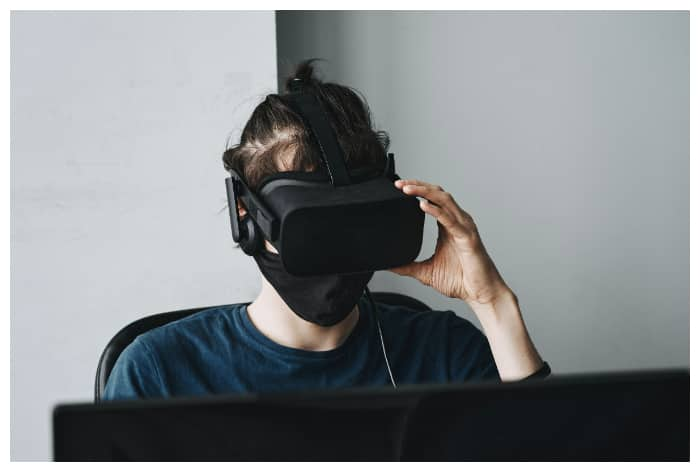The deal followed years of discussions among member states and members of the European parliament on the ways AI should be curbed to have humanity’s interest at the heart of the legislation.

New Delhi: Officials in the European Union reached a deal on a sweeping bill aiming to regulate artificial intelligence in what is one of the world’s first major, comprehensive attempts to control the technology. The deal came after three days of negotiations in Brussels—including a 22-hour session stretching from Wednesday to Thursday, according to the New York Times.
Thierry Breton, EU commissioner, confirmed in a post on X that a deal had been reached, calling it a historic agreement. “The EU becomes the very first continent to set clear rules for the use of AI,” he wrote. “The AI Act is much more than a rule book — it’s a launch pad for EU start-ups and researchers to lead the global AI race.”
The deal followed years of discussions among member states and members of the European parliament on the ways AI should be curbed to have humanity’s interest at the heart of the legislation.
The legislation called AI Act set up a regulatory framework to promote the development of AI while addressing the risks related to the rapidly evolving technology. The legislation imposes a ban on harmful AI practises “considered to be a clear threat to people’s safety, livelihoods and rights.”
While addressing a news conference, European Parliament President Roberta Metsola termed the law a “balanced and human-centred approach” that she stressed will “no doubt be setting the global standard for years to come.”
The regulatory framework, which categorises AI applications based on risk and tightens regulation on higher risk levels, was initially proposed in 2021, according to CNN report.
The risksy uses of Artificial Intelligence have been banned. According to the law, those include systems that target certain vulnerable groups, biometric identification systems for law enforcement uses and artificial intelligence that employs manipulative “subliminal techniques.”
Limited-risk systems, such as chatbots like OpenAI’s ChatGPT, or technology that generates images, audio or video content, will face new transparency obligations under the law.
Artificial intelligence entered the mainstream after the launch of OpenAI’s ChatGPT chatbot in November 2022. Generative AI technology gained popularity and led to an AI arms race, according to CNN report.
AI’s disruption extends well beyond the world of big tech: educators have struggled with generative AI’s ability to complete schoolwork assignments; artists and musicians have grappled with the possibility of AI-fueled imitation.
(With inputs from agencies)

